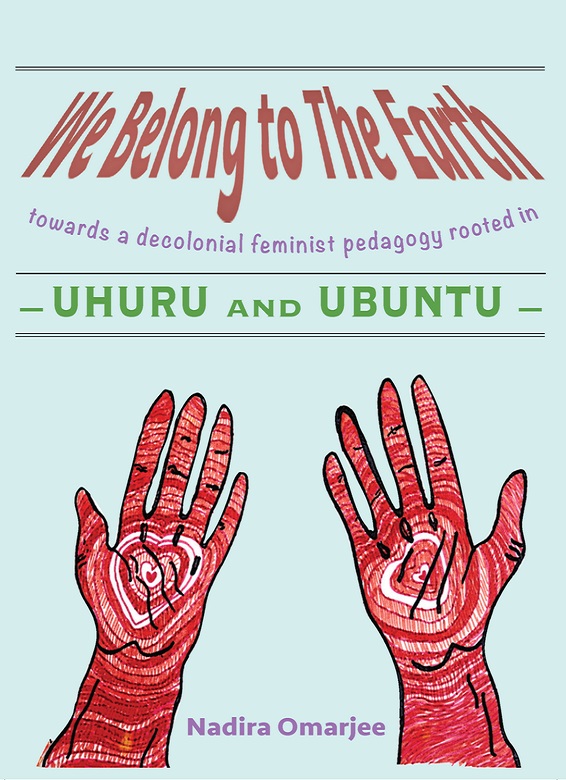written by Nadira Omarjee
Towards a Decolonial Feminist Pedagogy Rooted in Uhuru and Ubuntu
This book illustrates the ways in which the personal is political in the advancement of decolonising scholarship. It explores the intimacies of coloniality entrenched in the narcissism of coloniality, enabling the system through extraction, subjugation and violence. Pushing back against the narcissism of coloniality, which is framed by the ma/ster/slave dialectic or internalised oppression, requires uhuru and ubuntu which are agentic strategies employed in reclaiming ontology and epistemology. Uhuru insists on a decolonisation of self; whereas ubuntu is determined by African radical communitarianism, demanding new ways of knowing and seeing whilst re-examining epistemicides of the enslaved, indentured and colonised. Fanonian theory is used as a framework for understanding the colonial authority’s management of the colonised, determining the unhappiness quintessential in the colonial condition. Freirian concepts of conscientisation and criticality are used as a form of resistance, disrupting the system of racial capitalism and the coloniality of gender. Subsequently, flipping the classroom to resist the coloniality of knowledge allows scholars to connect with community, encouraging engaged scholarship from the personal/political perspective, making the classroom a radical space for addressing trauma and healing whilst bridging art, activism and scholarship. Therefore, the classroom is situated against the blind spots of the banking model with male dominated decolonial work silencing the feminist perspective. Consequently, uhuru and ubuntu promote voice, agency and resistance as a pedagogical praxis paramount for the development of a decolonial feminist pedagogy.


| ISBN | 9789956553525 |
| Pages | 184 |
| Dimensions | 229 x 152mm |
| Published | 2023 |
| Publisher | Langaa RPCIG, Cameroon |
| Format | Paperback |


